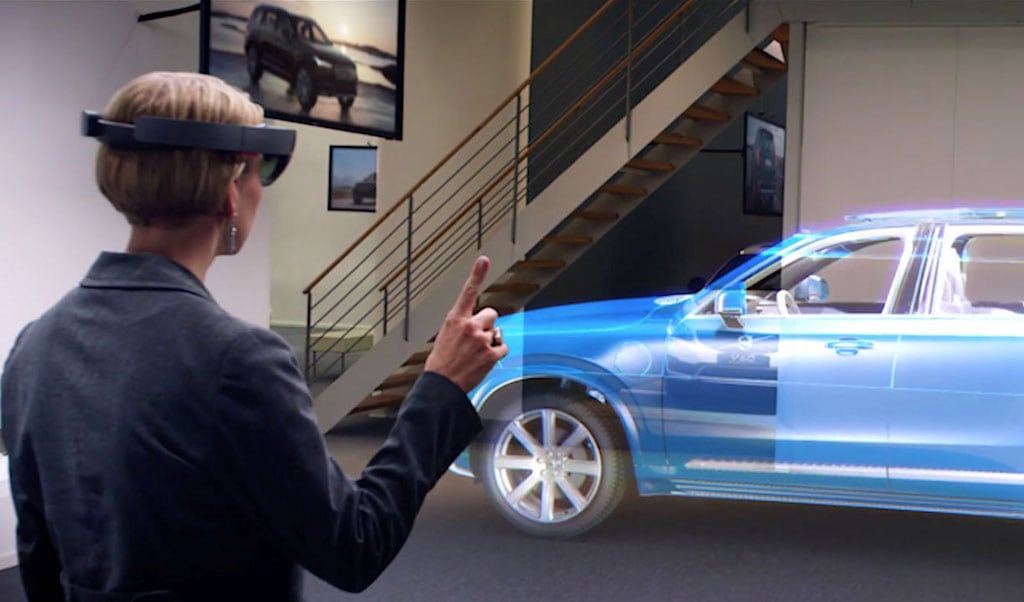Skift Take
BC Tech Summit is illustrative of a growing number of conferences worldwide that showcase advances in business technology by using simple language and interactive exhibits to engage next generation citizens and consumers.
Within three years, all students in British Columbia, Canada from kindergarten to the 12th grade will have the opportunity to learn how to code.
Christy Clark, the premier of BC, made that statement during her opening keynote at the inaugural #BCTECH Summit in Vancouver last month.
Explaining that her government will eventually make basic programming skills mandatory for all students, Clark said, “Tech companies will locate to where they can find people who can do the work, so we need to start with our schools.”
It was a fitting kick-off for this business tech conference designed to position BC as the new tech capital of the north.
Primarily, BC Tech Summit showed the value proposition of technology across industry sectors — ranging from the evolution of aquaponics to the rise of open government data — to drive new global business development that’s reshaping society and personal computing.
It did so by contextualizing advances in tech with real world examples. For example, T.K. Rangarajan, corporate VP at Microsoft, discussed two of Microsoft’s marquee products.
The first was Microsoft’s HoloLens augmented reality headsets and a new partnership with Volvo. The car company is using HoloLens to show potential buyers everything from the inner workings of a car’s hybrid systems to how cars are becoming sentient machines aware of their environment in real time.
Second, Microsoft’s new Skype Translator is a major technology shift with the ability for two people speaking two different languages to communicate online.
In terms of the online event content, BC Tech is unique because the wealth of webcasts frames the future of technology’s impact on business, and its repercussions for society, in understandable language for the average citizen.
“Our government recognized that technology is really a key economic driver, and every company today is becoming a technology company,” Tahira Endean, producer of BC Tech Summit, told Skift.
“The goal with BC Tech was to break down barriers and bring large companies together with small companies,” she continued. “It’s about introducing startups to established enterprises, introducing forestry to food, to really get people talking about technology and business in very different ways.”
Next Generation Conference UX
Endean says her primary goal behind the development of the conference user experience was to tear down every possible wall and integrate as much interactive technology as possible — both with the goal to get people talking.
So in the Technology Showcase and Research Row sections of the conference, Endean banned the typical 10×10 exhibit booths with large banner backsplashes. Everything had to be below eye level so attendees could easily see and engage with everyone across the entire show floor.
“We also wanted exhibitors to bring something that people could interact with versus just bringing a brochure,” said Endean.
For example, one of the most high profile exhibitors at BC Tech was the Victoria Hand Project. The BC company showed off its arm prosthetics with human-like capabilities, such as the ability for the user to turn its wrist and pick up an egg with five fingers. But that’s not the innovative part.
The company developed 3D laser scanning software to measure an individual’s limb in countries like Guatemala and Nepal. That data is then fed into 3D printers that build the prosthetic in the destination.
The Rise of Civic Tech
Beth Noveck, founder and CEO of The Governance Lab at NYU, presented one of the most interesting sessions at BC Tech, revolving around the rise of open government data to better engage citizens in the development of their communities.
Noveck discussed civic tech innovations such as the Global Citizen database proposed by the Bill & Melinda Gates Foundation, which seeks to collect the wisdom of the crowd in one searchable portal.
If knowledge is dispersed throughout a community, what happens if a community can match that knowledge where its needed via open government platforms?
Noveck called the idea “Tinder for Government,” based on the rise of sharing companies that connect us to the people we want to meet, like Match.com, LinkedIn and Airbnb. Now imagine government as a sharing community.
“What technology in the next few years is going to allow us to do, by making what we know more searchable, is going to allow us to get matches to not just a job or a date, but to service opportunities,” she said. “If our government institutions take advantage of this new opportunity to get at what we know.”
Endean told us those types of conversations are behind the success of the first BC Tech Summit.
“We initially anticipated about 800 people would register for this first year, but we ended up with over 3,000 participants,” she explained. “Over 50% of the sponsors have already said they’re coming back next year, and we haven’t even done a formal ask yet.”
Have a confidential tip for Skift? Get in touch
Photo credit: Volvo is using Microsoft's HoloLens augmented reality glasses to educate car buyers about hybrid technology and machine learning. Microsoft
